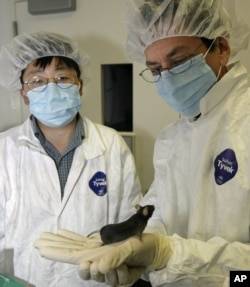SayMyName
Live, Love, Laugh.
China is responding to doping accusations by American swimming coaches at the London Olympics. They say the accusations are unfair, and an extreme bias on the part of Americans who are sore at losing. China now leads in gold medals as of this date. They also respond that they never made the same accusations of Phelps when he swam to 8 golds at the Peking Olympics in 2008. Are the accusations fair or not?
Ye Shiwen's father attacks 'arrogant west' after remarks over Olympic win | Sport | guardian.co.uk
Ye Shiwen's father attacks 'arrogant west' after remarks over Olympic win | Sport | guardian.co.uk




